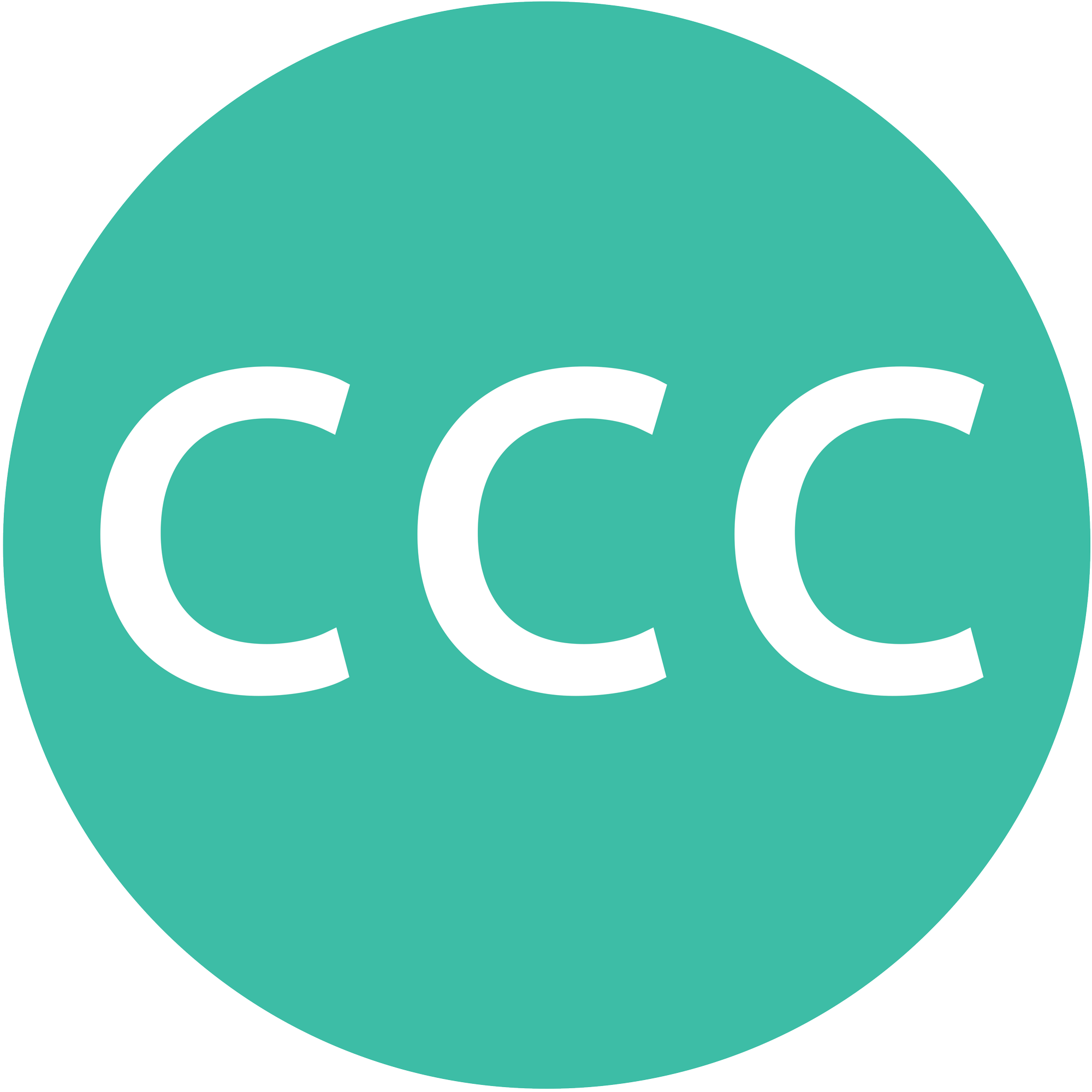While I was growing up, my father admonished me to never count other people’s money, which is ironic because he was an accountant and all he did was count other people’s money. (BTW, accounting is genetic, so you’ll notice I tend to throw out a lot of numbers in these letters.) Well, here I am, spending a lot of time focused foundations’ and rich people’ money.
What do we mean by rich? Rich foundations are the top 0.1% of foundations, about 100 in the U.S., each of which has at least $1 billion in endowment. They control about one-third of all foundation money. Let me say that out loud: 0.1% control one-third of the money.
Rich people (the category above affluent) sit on $10-14 trillion (hard to know for sure), about 10-13% of all the wealth in the U.S. This group goes by two other names: “ultra high net worth individuals” (UHNWI) and “the 0.1%” (one out of every thousand U.S. households). The lowliest of these rich have net worth of $25 million, but the rich have become so rich that there are now three subcategories: billionaires, Forbes 400 (minimum $2.5 billion) and “the Three Caballeros”–Bezos, Gates and Zuckerberg (minimum $100 billion). The poorest Caballero has 4000 times more money than the poorest rich person!
I recently did an interview (26 minutes) on the radio show “Attitude with Arnie Arnesen.” Arnie is a powerhouse: It’s great having an interviewer who is possibly more passionate than me about the need for those with resources to step up to plate. But what I found particularly interesting was her emphasis on the fact that the Crisis Charitable Commitment does not send rich people (or foundations) to the poor house.
Let me preview for you some numbers we’ll soon be publishing about the 650 U.S. billionaires. Their wealth has grown since the pandemic began in March by $800 billion! If every single billionaire signed onto the Crisis Charitable Commitment, their total giving would be $141 billion. In other words, they could meaningfully respond to the crisis, increase the total amount of individual contributions going to all nonprofits by nearly 70%, and still have a “profit” for the year of $660 billion! And they could still pay a wealth tax: The most aggressive wealth tax proposed by Bernie Sanders would capture less than $250 billion of those profits.
Even in the best of times, it’s hard not to think about how much good could be done with all excessive wealth if just some of it were “reallocated.” What comes to mind is Mark Zuckerberg’s recent $300 million contribution to save democracy–talk about ironic! Of course, he can’t make a $300 million gift every day of the year, because at the end of the year he’d only have a billion dollars to live on. However, he could easily make every Tuesday a Giving-$300-million-Tuesday and meet the CCC’s Charitable Standard. I’m sure each of you can come up with a list of causes worthy of a Tuesday or two , and the CCC will be making some of our own suggestions soon after the campaign officially launches.
The point of all this is to say that we’re in the midst of a series of crises and we must, as a donor community, respond adequately. We have an election eight weeks out and we are facing the daunting prospect of millions of U.S. citizens being disenfranchised. People of color continue to suffer the consequences of COVID-19 disproportionately, food banks are overwhelmed, and the West is literally on fire. The Deloitte Monitor Institute recently issued a report that 10-40% of all nonprofits will likely go out of business by the end of next year.
I’m inspired (and challenged) by people like Scott Moyer of the Langeloth Foundation, who just increased support of civic participation by $10 million (more than 10% of their endowment). I hope his leadership, and that of the others who have made the CCCommitment, will motivate others to join us.
What I don’t understand is this: the trustees and people who run major foundations, along with rich people, consider themselves successful. 90% of success is just showing up. Why aren’t they showing up? I’ve written before about how large a share of all charitable dollars are actually funded by taxpayers. So here’s the last bit of irony: when it comes to asking foundations and rich people to step up to the plate and increase their charitable giving, it’s not even their money – it’s other people’s money!
